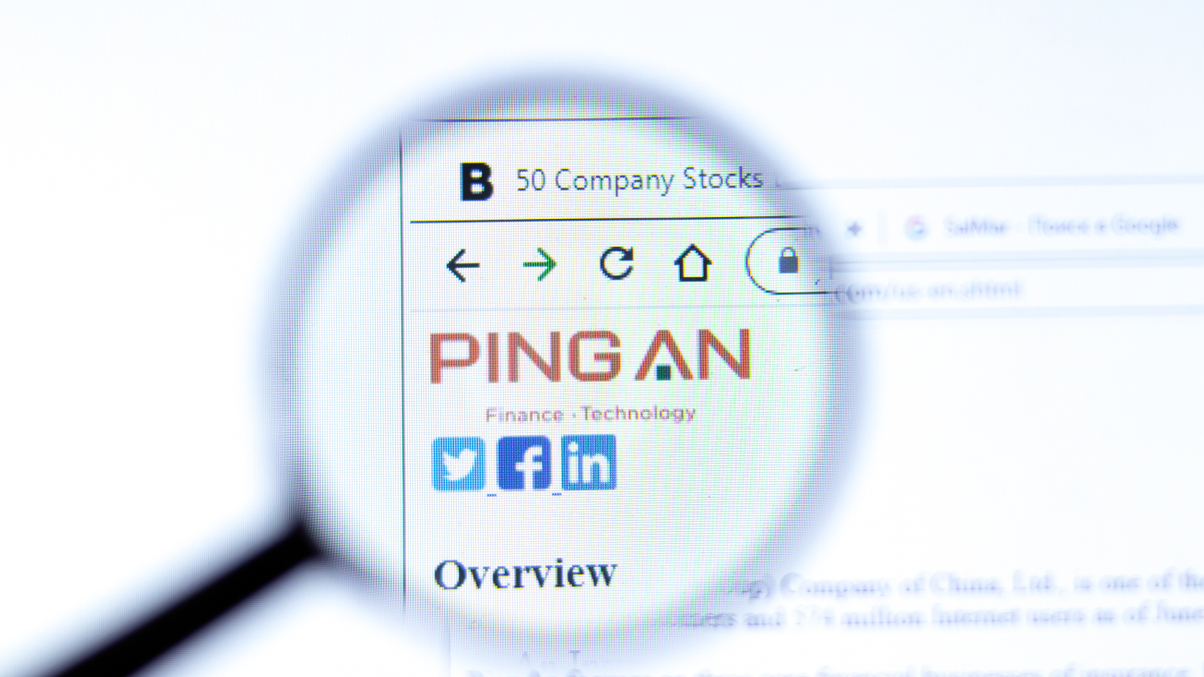Ping An focusing on property, A-shares, Reits for 2021
Timothy Chan, CIO of Ping An Insurance, shared his 2021 investment focus with AsianInvestor as the insurer aims to take advantage of China's latest five-year plan.

Ping An Insurance, China’s largest life insurer, is aiming to focus on logistics, Reits, and select private equity additions in 2021 as it seeks to refine its alternative asset investments in an effort to improve returns, according to chief investment officer Timothy Chan.
Sign in to read on!
Registered users get 2 free articles in 30 days.
Subscribers have full unlimited access to AsianInvestor
Not signed up? New users get 2 free articles per month, plus a 7-day unlimited free trial.
¬ Haymarket Media Limited. All rights reserved.


